Conservation
We have no replacement planet, we have only this one – and we have to take action
Planet Earth: Home to people and nature
Finding a way that people and the natural world can thrive together is the challenge for humanity this century.
Life has existed on planet earth for over 3.5 billion years, and in this time, a complex and intricate web of has evolved, with more than 2 million different types of plants and animals now calling Earth home.
Earth is also our home. Home to more than 8 billion people. We humans evolved from the Earth’s natural world and we depend upon it. The natural world provides us with the very air, water and food that we need to survive.
The natural world also provides our lives with a sense of wonder, beauty, and awe, a sense of meaning and purpose beyond ourselves. Nature connects us to our ancestors, each other, those generations to come, and the Universe at large.
Its conservation is our greatest hope and greatest challenge.
Nature in peril
Yet the natural world upon which we all depend, is under immense pressure. The scientific, industrial and technological revolutions of the past two centuries and upon which great strides in human progress have been made, have been coupled with an immense growth in human population and in turn consumption and use of the Earth’s resources. This immense use of the Earth’s resources is disrupting the very climate upon which life on Earth depends, is pushing nature’s life support systems to their limits, and has put us into the middle of an extinction crisis the likes of which humanity has never seen. A million species are at risk of extinction on our current trajectory.
The planet needs you
These immense pressures on the natural world can at times seem overwhelming. Yet time and time again through history it has been proven that the thoughtful, concerted actions of a handful of citizens can make a difference. Rather than responding to the current threat to nature by contracting into a diminishing vision, a growing group of people globally are dreaming big by recognising that nature needs large connected landscapes to allow the space for wildlife, wilderness and natural processes to survive and thrive. That we all have a responsibility to give back to this planet that has given us so much, and that every effort big and small, can make a difference.
Taking action for nature
Central to all of these efforts is the understanding that conservation is essential for the survival of our own species, and that connecting people with wild nature and protecting, restoring and connecting wild places gives us and our children hope of a rich living planet that fills our lives with inspiration and wonder.
Here you can explore challenges for nature, the thinking, people and groups working to protect wild nature, and the urgent need for all of us, in our own way, to do what we can for a better future for all life on Earth.

Connection with nature turns hope into action
According to marine conservation leader Brett Fenton, hope is important, but not enough. But having a deep connection to the environment that we live in, can help us turn hope into action.
According to marine conservation leader Brett Fenton, hope is important, but not enough. But having a deep connection to the environment that we live in, can help us turn hope into action.

Earth Charter
Crafted by visionaries, the Earth Charter is an ethical foundation for actions to build a more just, sustainable, and peaceful global society in the 21st century. It offers a vision of hope and a call to action.
Crafted by visionaries, the Earth Charter is an ethical foundation for actions to build a more just, sustainable, and peaceful global society in the 21st century. It offers a vision of hope and a call to action.

Wangari Maathai - founder of the Green Belt movement
This tribute explores the remarkable work of Professor Wangari Maathai - founder of the Green Belt movement
This tribute explores the remarkable work of Professor Wangari Maathai - founder of the Green Belt movement

Jane Goodall on the web of life
Jane Goodall makes a plea for saving Earth's fragile web of life in this moving short film.
Jane Goodall makes a plea for saving Earth's fragile web of life in this moving short film.
Articles about Conservation
See more articles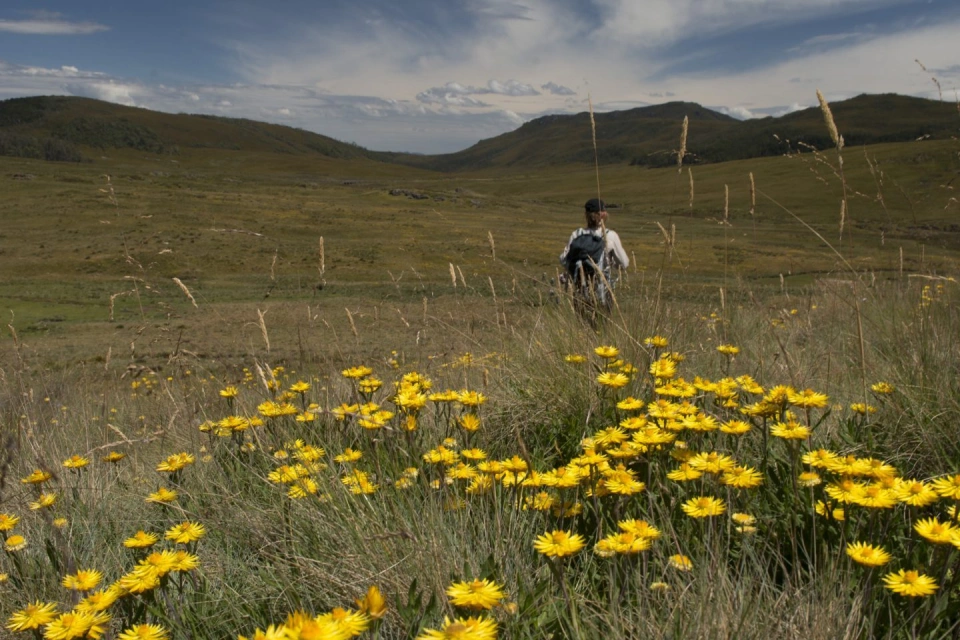
Vale of Belvoir
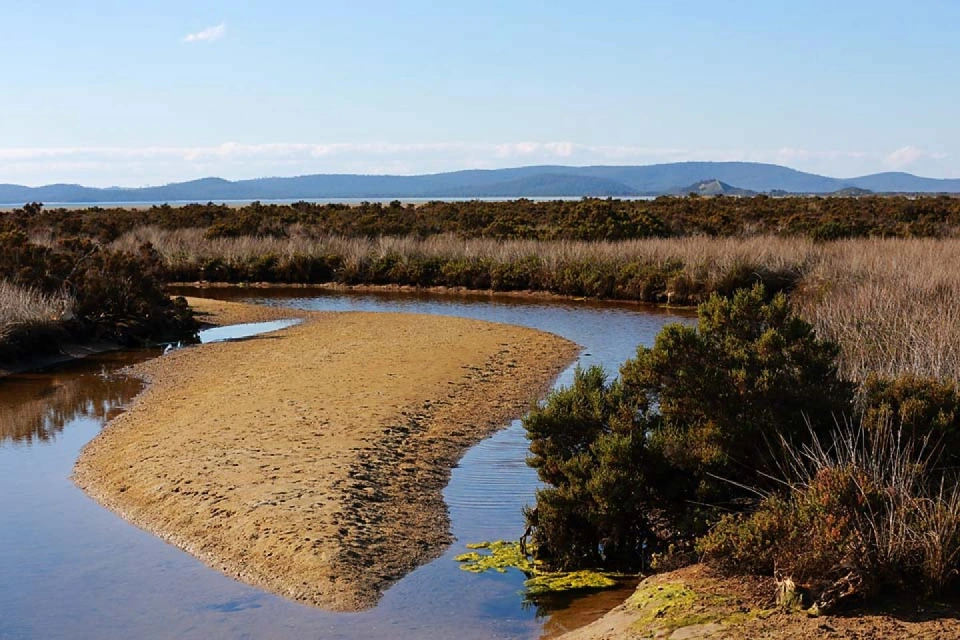
Lutregala Marsh Reserve
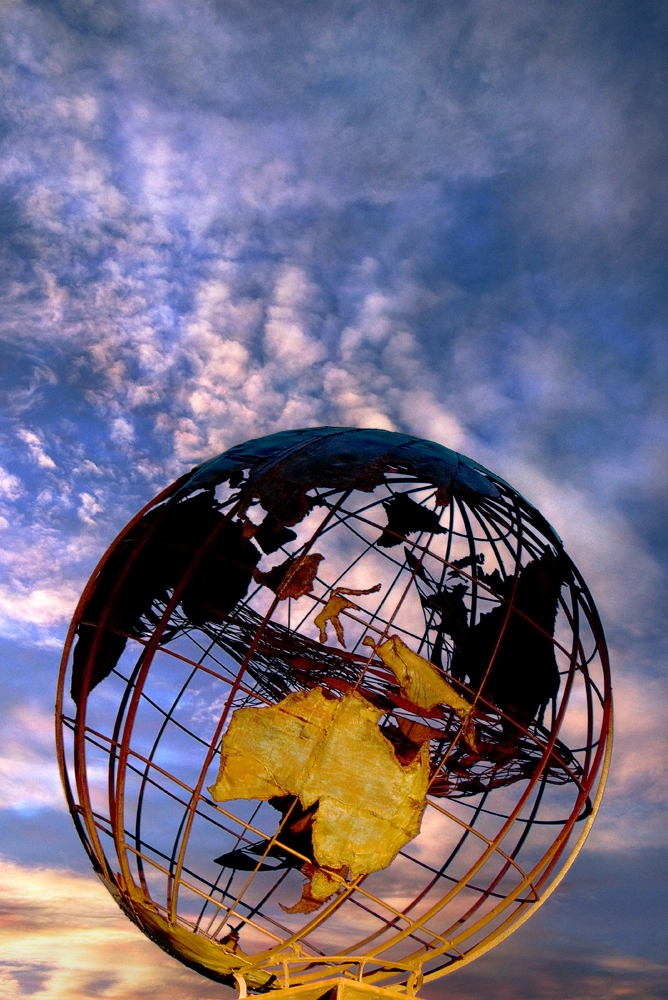
Bruny Youth Stories Prize
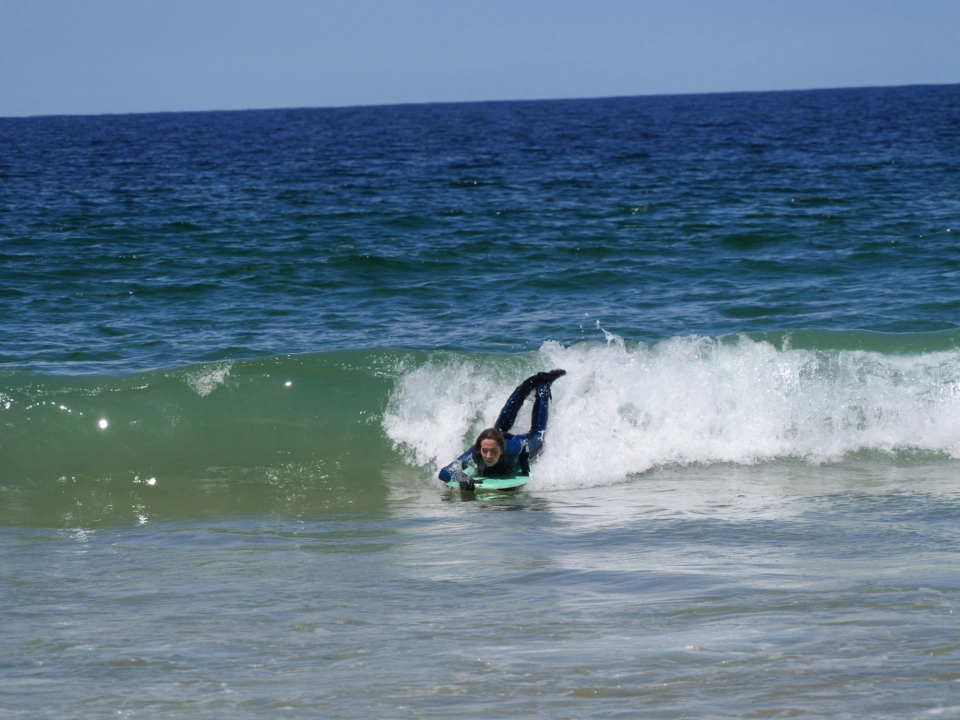
Cloudy Bay Supergroms surf
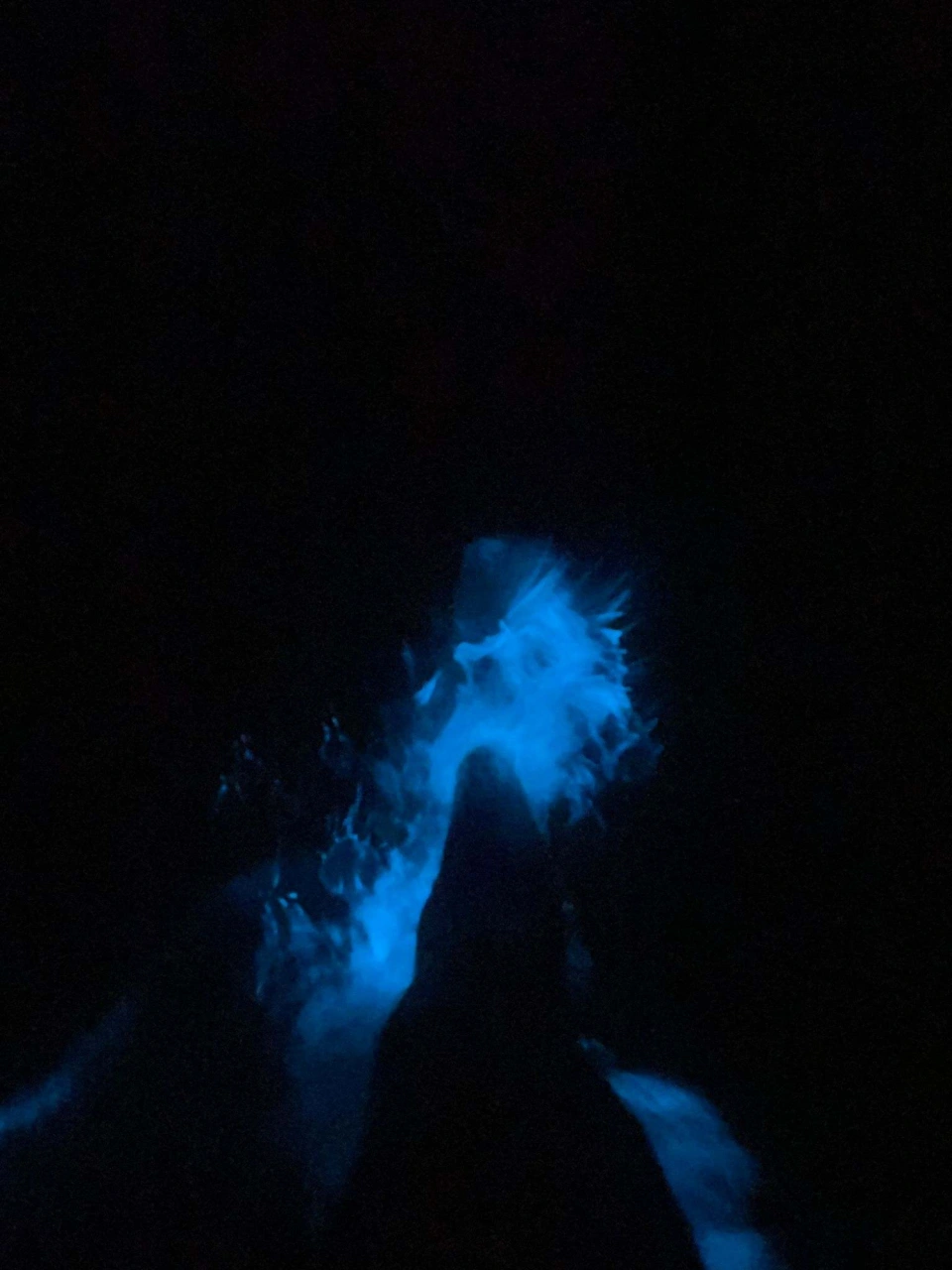
A summer to remember
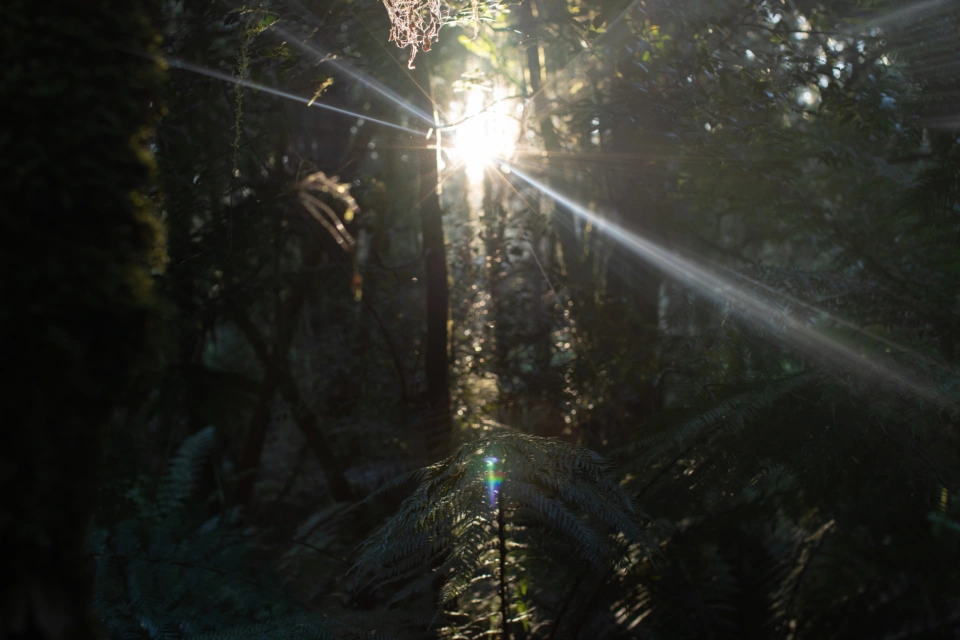
Make It Happen! A Great Forest National Park Short Film
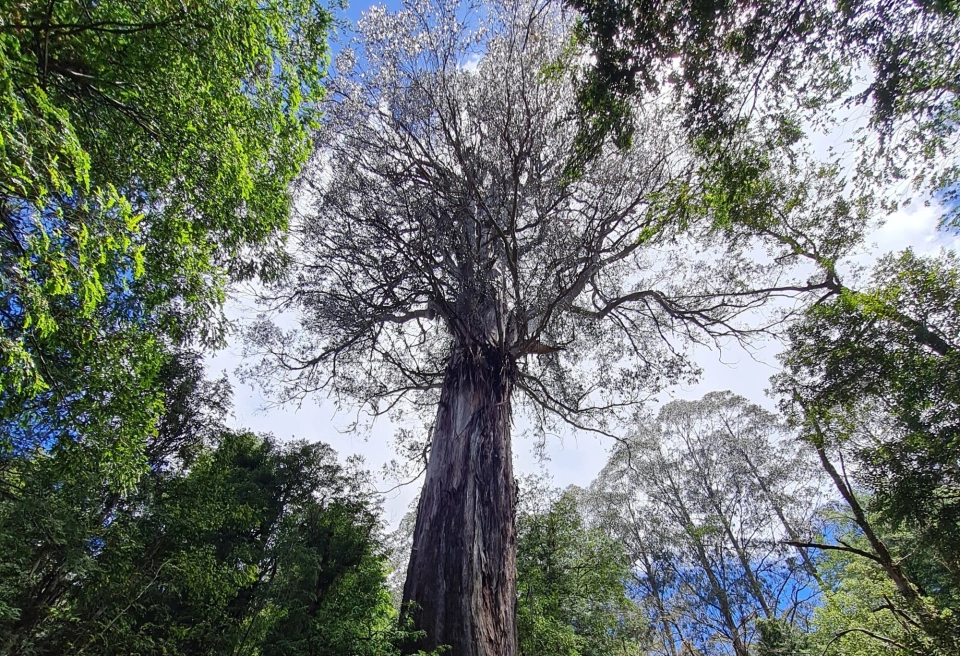
Ancient beauty in Victoria's central highlands
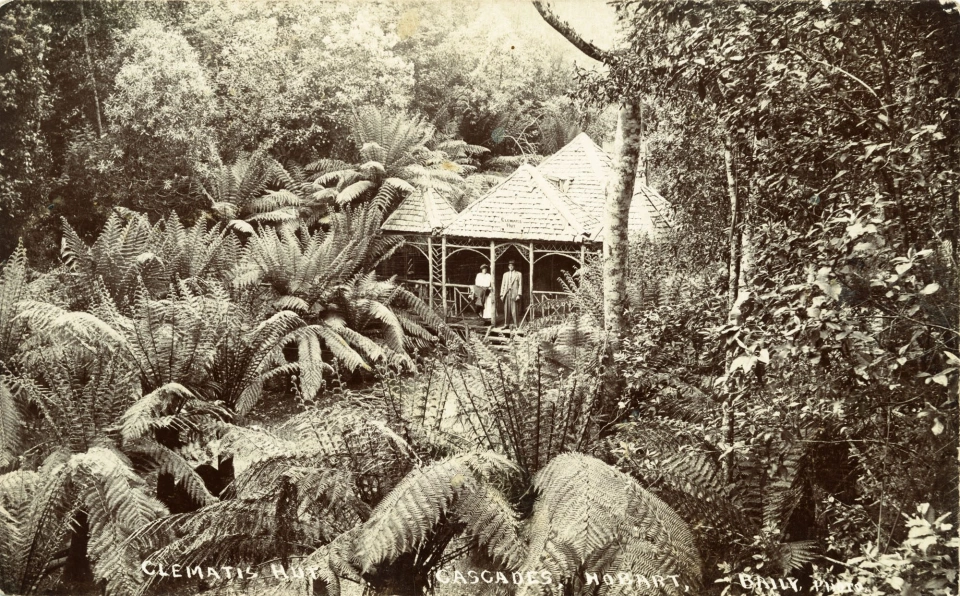
The history of the Kunanyi huts
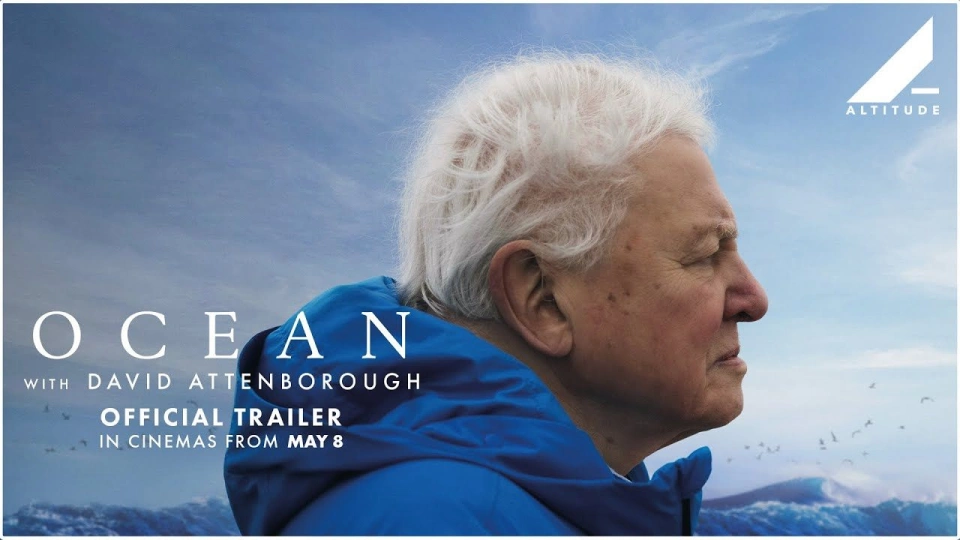
David Attenborough's message in Parliament House
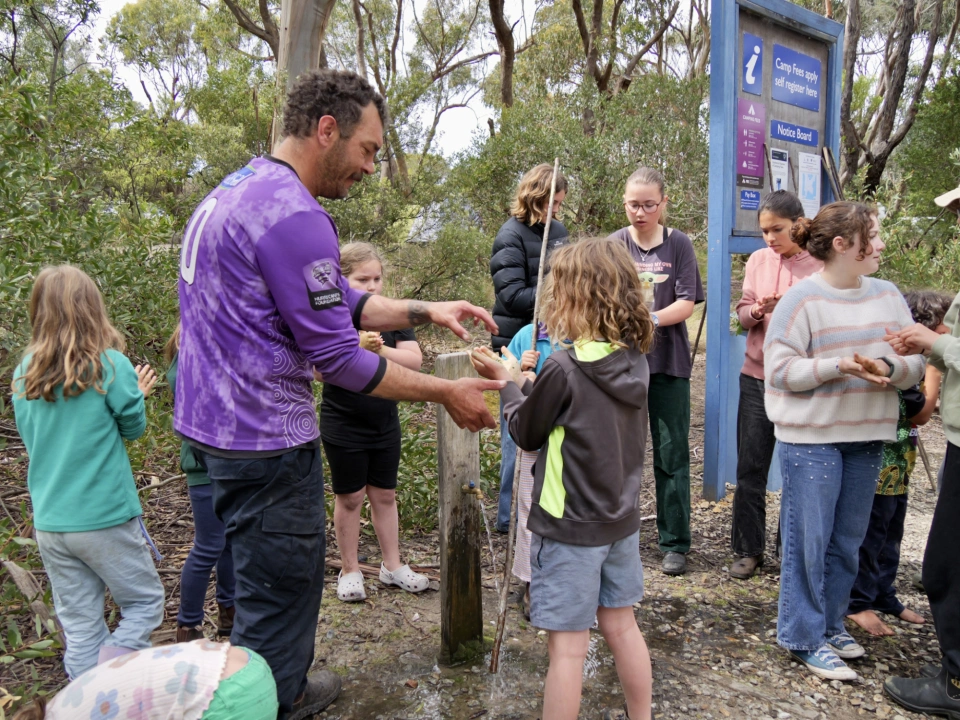
Connection to Country with Danny Gardner
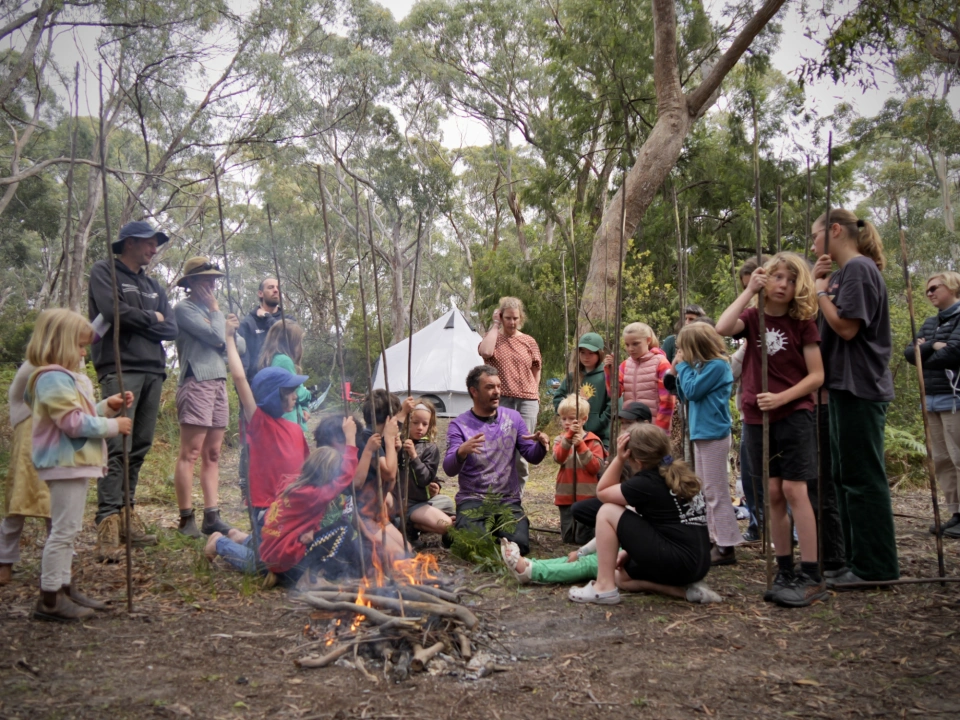
Palawa Cultural Workshop: Danny Gardner & Cloudy Bay Supergroms
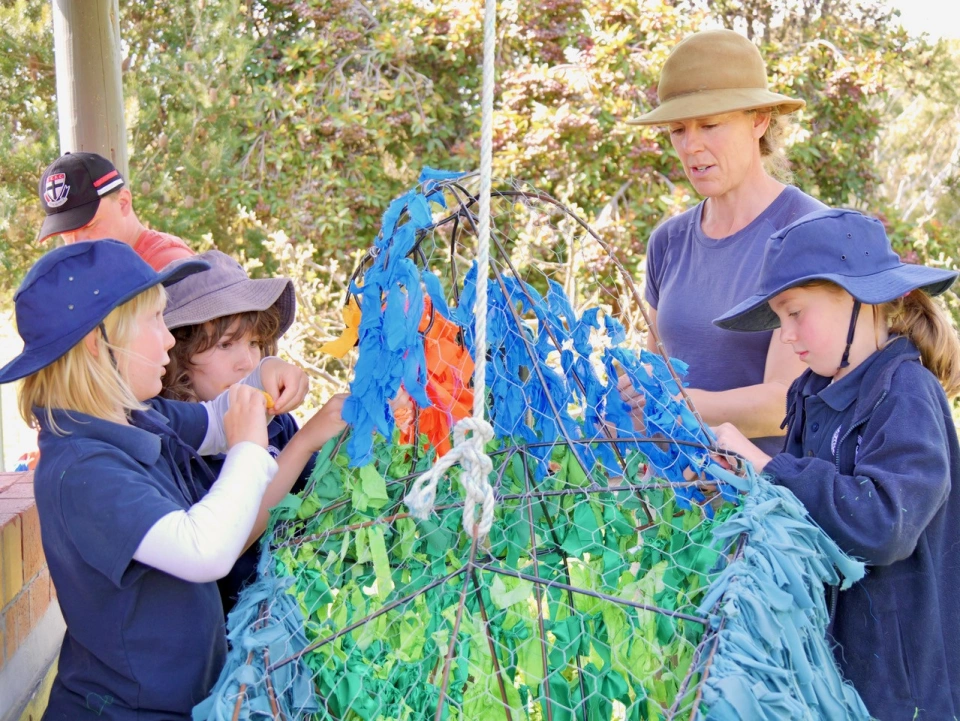
Slowing down for the Swifties
Dig deeper into conservation
Saving Nature 101
Achieving change is hard, but people just like you, living ordinary lives, were at some stage compelled to act for what they...
Kuno Foundation
The Kuno Foundation is a charitable foundation whose mission is for life on Earth
Fostering Love of Earth
The crucial building block for saving Nature is people’s connection with it. People protect what they love.
Kids & Nature Program
Time in Nature is crucial to childhood happiness, development, wellbeing and commitment to Nature stewardship.
Conservation Stories Program
The Conservation Stories Program provides practical support, skills, training and expert help to passionate, talented and...
Empowering Collective Impact
Isolated efforts can’t deliver big change. What is needed is a cohesive collective effort.
Newsletter
Sign up to keep in touch with articles, updates, events or news from Kuno, your platform for nature
